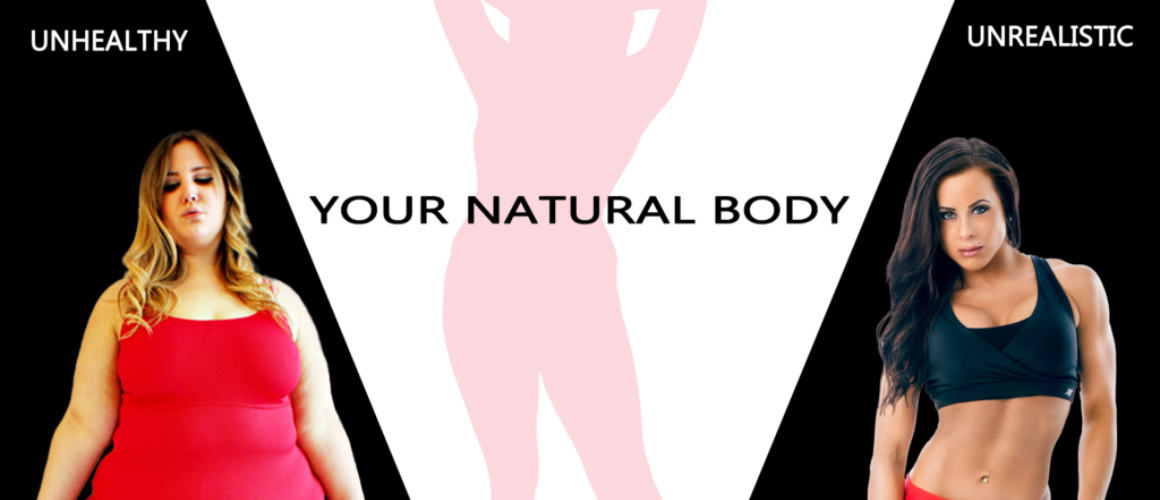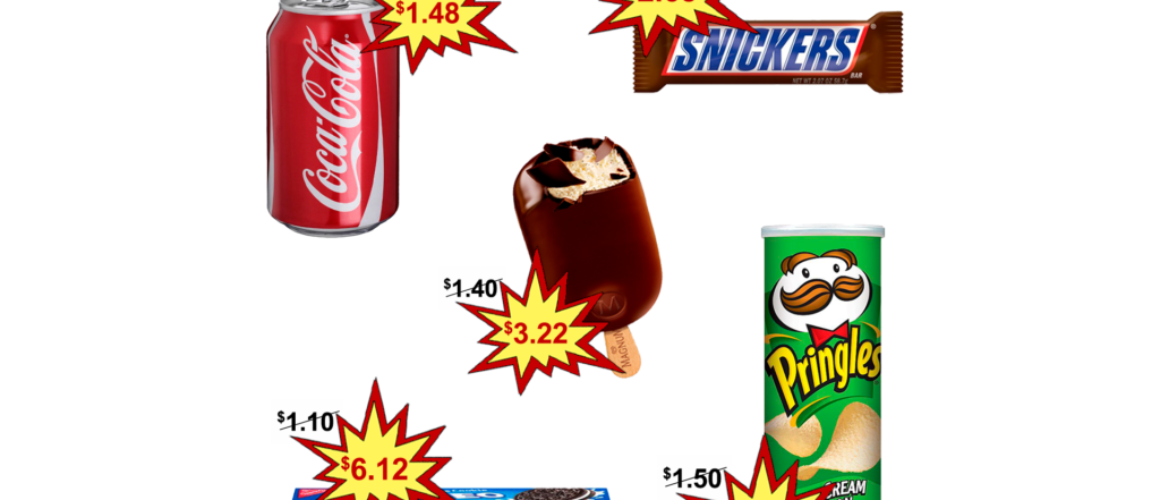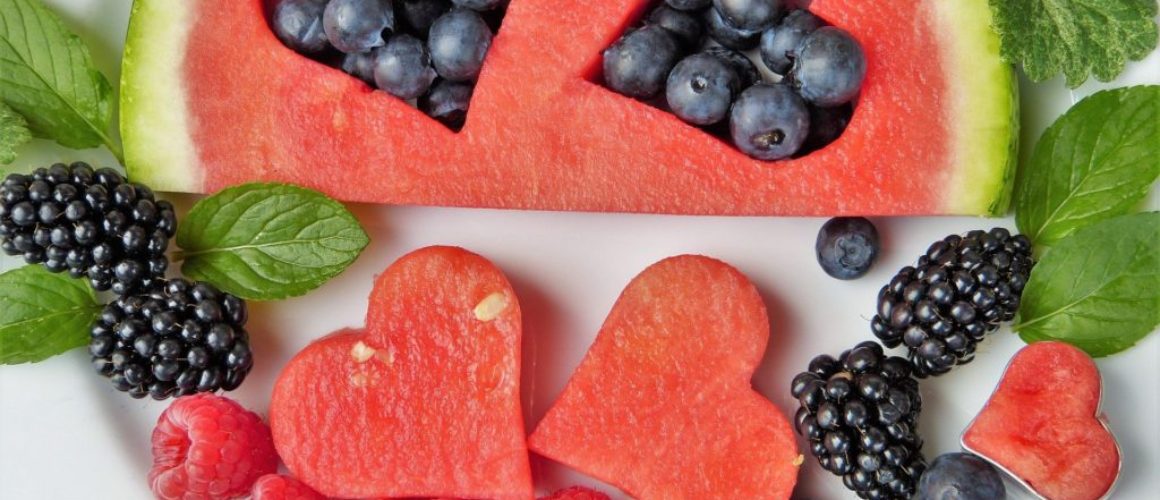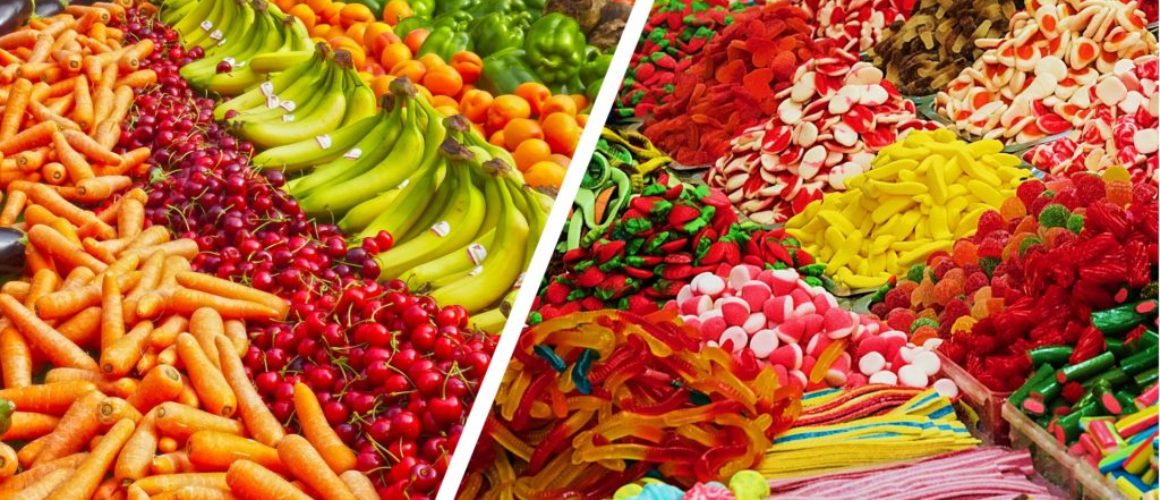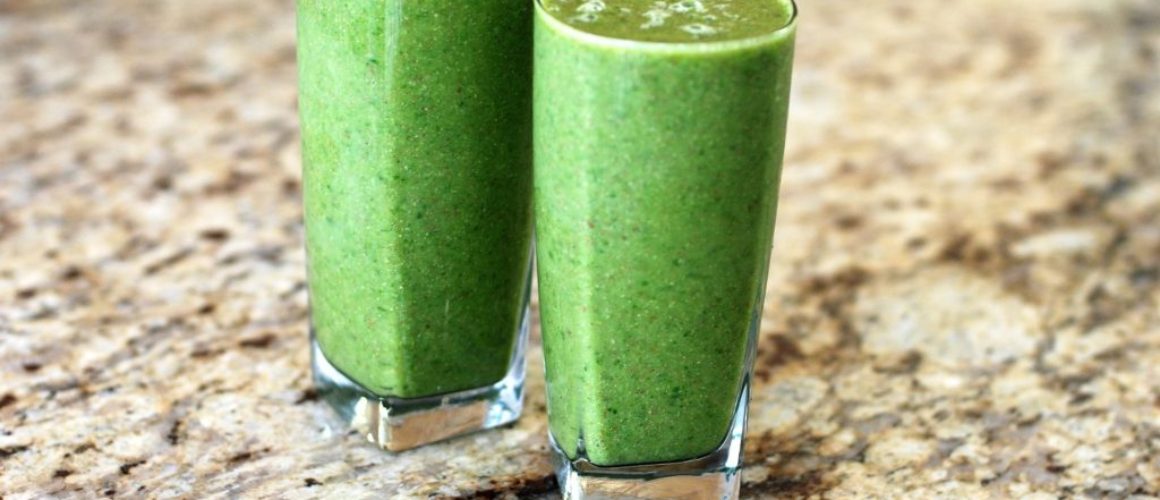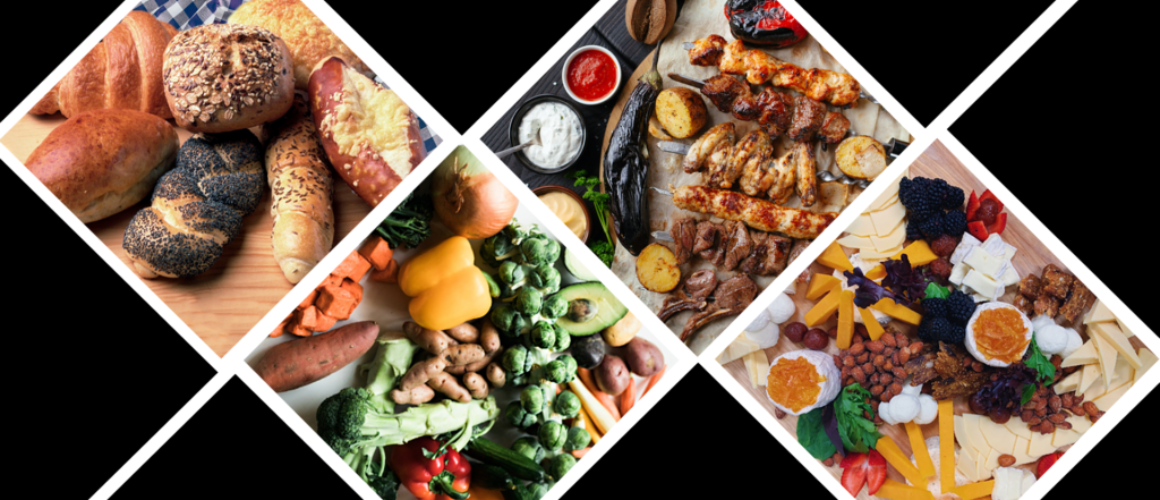The Hedonic Case for Healthy Living
Many of life’s greatest pleasures are reserved only for the healthy

It sucks that so many of the pleasurable things in life are bad for us, right? Wouldn’t it be great if we could sit in front of the TV eating chocolate and drinking wine all day long with no ill effects?
Actually, no.
Even if we could somehow eliminate all the health impacts of such behaviors, they would soon leave us unfulfilled and miserable. We would increasingly numb ourselves to life’s most intense sensory pleasures and, when there is no higher level left, life would become utterly meaningless.
It seems counterintuitive, but the health impact of mindless pursuits of instant pleasure is more of a blessing than a curse. It’s a valuable early warning that we’re pursuing happiness all wrong.
Hedonic Adaptation
The path to meaninglessness briefly outlined above results from something called hedonic adaptation.
The hedonic treadmill, also known as hedonic adaptation, is the observed tendency of humans to quickly return to a relatively stable level of happiness despite major positive or negative events or life changes. — Wikipedia
This phenomenon has been observed in many psychological studies. Our experience of happiness is highly subjective and, when we reach a higher level, the brain simply adjusts the goalposts.
Pretty depressing, isn’t it? Does that mean we can never be happy?
Luckily, no. Sure, we will never achieve happiness through mindless pursuits of instant pleasure, but there is a better path to happiness that applies particularly well to personal health.
Varied, Intermittent, Earned
If we want to beat the hedonic treadmill, we need to keep things fresh. The first way to do this is to vary our pleasurable experiences. Attempting to buy constantly varying pleasurable experiences can quickly become very expensive and time-consuming. But there’s another way: get healthy.
Experiencing life through a fit body opens up a world of pleasure. Every daily action gets easier and more rewarding and you gain access to a wide range of experiences reserved only for the healthy. Over here in Norway, the prime example is cross-country skiing. If you’re unfit, it’s a real pain. But once you’ve put in the work, exploring the endless trails through nature using this varied and efficient mode of locomotion becomes a joyous experience.

The second way to derive happiness from pleasure is to make sure different pleasures come intermittently. I experienced this intensely when I finally quit sugar some years ago. Now that my tastebuds are no longer numbed by a constant barrage of excessive sucrose, I’m able to savor the broad range of flavors in my varied whole-food diet much more deeply. Also, the occasional sweet treat on a special occasion now becomes true bliss!
Fitness holds similar benefits. Back to the cross-country skiing example: This pleasant hobby obviously only works during snowy winter months, typically in January-April. Before the snow comes (November-December), ice skating on frozen lakes is another genuine pleasure. Then, in the summer, those same mountains and lakes are good for hiking, cycling, and swimming. Any of these activities would be nice on their own, but it’s the natural combo of variety and intermittency that makes Norway a very easy place to stay fit.
Third, pleasure gets a whole lot sweeter when we feel that we genuinely deserve it. This aspect supercharges health-related pleasures like those mentioned above because they’re only made possible by resisting all the twisted, health-destroying incentives in our society. The occasional unhealthy treat on a special occasion also gets much better when you’ve earned the right to indulge guilt-free.
Thanks to this factor, building a body you can be proud of is another reliable source of happiness. For example, toweling off a fit body after each shower provides a lovely daily boost of happiness and confidence. Sadly, as we’ll discuss next, quite the opposite is true for most people.
Avoiding the Burden of Poor Health
On the flip side, we find another hedonic benefit of healthy living: avoiding pain and discomfort.
Obviously, recurring health problems, both small and large, sour the experience of life. Hedonic adaptation allows us to adjust to poor health and maintain decent happiness levels, but the much higher likelihood of intermittent and intense health shocks has a more severe impact.
This can range from small annoyances like occasional indigestion or acid reflux to moderate issues like always falling ill during flu season to big things like the need for chemotherapy or major heart surgery. A varied, intermittent, and earned influx of unpleasant health issues due to unhealthy lifestyle choices seriously harms our life experience.
Then there is the way our bodies look. Few of us like our bodies. Catching a glimpse of our naked (or even fully clothed) selves in the mirror can trigger intense negative feelings. If someone says something negative about our bodies (or just gives us a dismissive/judgmental look), it can hurt even more.
Bottom Line: Being Healthy is More Fun
All considered, a healthy lifestyle is simply more fun than an unhealthy one. Healthy living 1) opens up a much broader range of life’s pleasures, 2) intensifies the experience from these varied and well-earned pleasures, and 3) supercharges pleasure from the occasional unhealthy indulgence.
But even though the hedonic superiority of a healthy lifestyle is obvious, there’s an important caveat that catches all too many people out: Trying to force isolated healthy behaviors into an otherwise unhealthy lifestyle through sheer willpower will have the opposite effect. Fad diets and New Year’s gym resolutions rarely work and often just make things worse.
No, if you want all the hedonic benefits described above, you need to maintain a holistically healthy lifestyle. A varied and delicious whole-food diet, regular exercise deeply integrated into your daily routine, a high prioritization for sleep, and the ability (and willingness) to slow down to curb stress when needed are all crucial. If even one of these is badly out of alignment, it can drag the others down too, quickly draining our willpower and our pleasurable experiences.
Carving out such a holistic healthy lifestyle in our modern world with all its incentives to binge and stagnate is no easy task. But adding the promise of greater short-term pleasure to all the well-known long-term benefits of healthy living might just be enough motivation to push you through.
And once you experience the pleasures of a holistically healthy lifestyle, you’ll never go back! 😊
Thanks to Alta and Janet Cloete.

